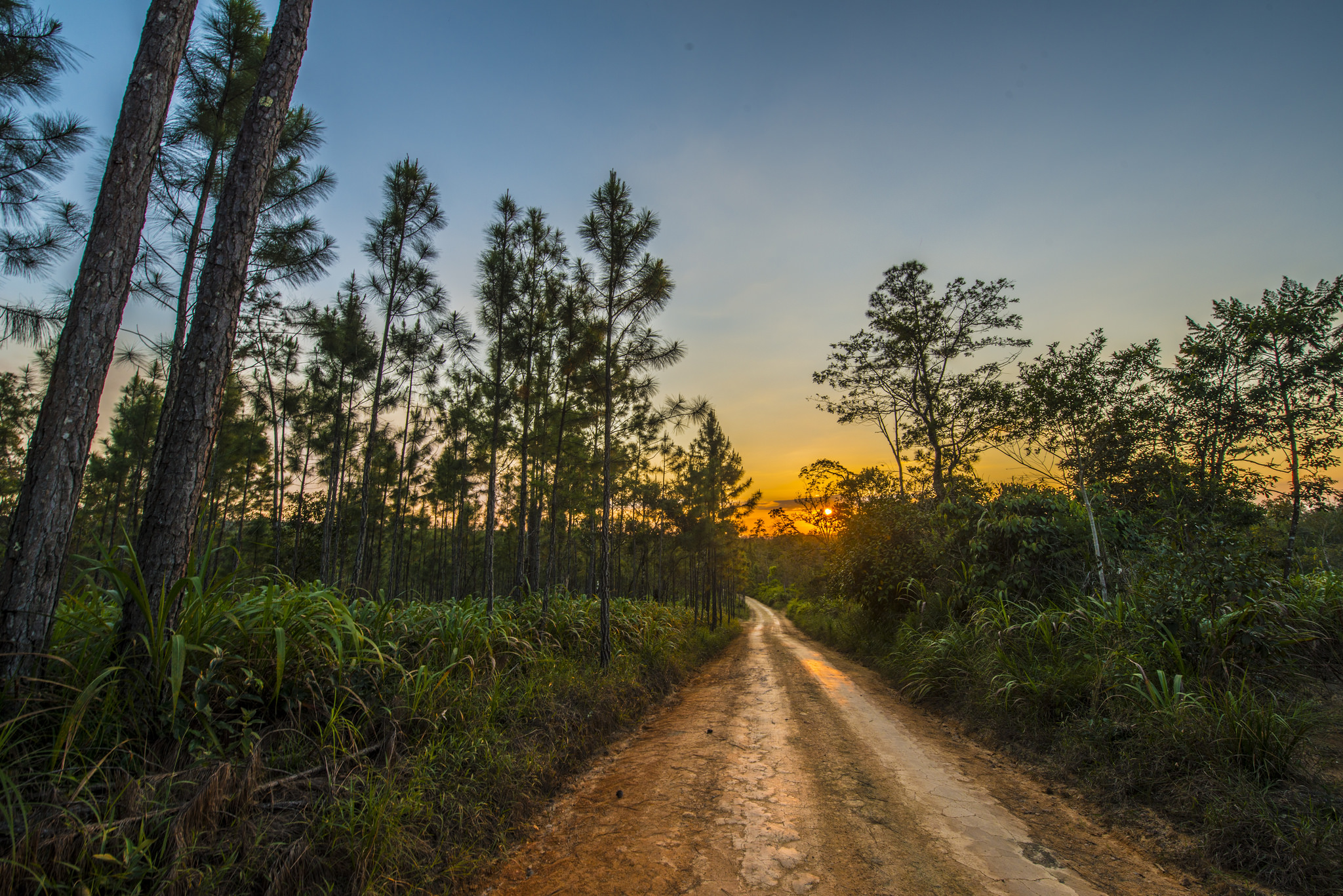Challenge accepted?

It is safe to say that we are battling the elements both, natural and manmade. The heat wave this last month has felt more like a heat tsunami and everybody and everything is struggling to stay cool. The dry weather is driving up electrical power consumption as fans and air-conditioning units stay on that much longer. That consumption is breaking our local “electric energy bank” leading to repeated power shortages and outages. No doubt the word “shedding” has taken on an entirely new meaning within the Belizean lexicon. Apart from fighting the heat and higher electricity bills, the dry weather has also caused some intense forest fires. The impact has been unprecedented with over 800 Belizeans across 19 communities affected. Over the last three weeks, about 600 acres in the Toledo district burnt, including areas within the Mountain Pine Ridge Reserve. Farmers and residents alike have lost valuable crops such as corn, avocado, and cacao while some water sources have been destroyed. Some schools in the area have been forced to close due to poor air quality created by the smoke. The drought, heat, and fires have heightened our awareness of another important natural element- water. Water wets the earth, quenches our thirst, puts out fires, makes ice, and most importantly, water is used to create some of our electricity. Located in the Mountain Pine Ridge area are Belize’s three hydroelectric dams. These dams produce about 40% of our electricity demand and were built with the main purpose of impounding water during the rainy season and release it during shortages. Well, there is a shortage! South-western Belize is currently experiencing prolonged drought and that drought has reduced the water levels in the reservoirs at the Chalillo dam. The prolonged dry weather, inadequate rainfall, and the strain on hydroelectric consumption during the recent power shortages have all combined to create quite the quanundrum.
The quanundrum we are experiencing is that human needs must be delicately balanced against environmental impact. To add to that, any sustainable solution to Belize’s power and water infrastructure must now consider weather extremes caused by climate change. The dams are a critical national infrastructure and safeguarding them is paramount but that is also true about our natural ecosystems and the livelihoods of Belizeans across the country. The prolonged drought and forest fires are undeniably linked to climate change. There is no questioning the impact of global warming and Small Island Developing States (SIDS) across the Pacific, Caribbean, Atlantic, Indian Ocean, and South China Sea are already dealing with the accelerated impacts of climate change. Belize was in attendance at the 4th International SIDS Conference in Antigua & Barbuda this week discussing the success of the Belize Blue Bond and preparing to adopt new sustainable development aspirations for the next 10 years. SIDS must build resilience. UN Secretary General, Antonio Guterres, stated that, “SIDS have not contributed to climate change, yet climate change is the existential threat of our lifetime…there is something deeply unfair in this situation”. We agree and what might be even more unfair is that so many SID states are dependent on tourism and the tourism industry is directly impacted by climate change.
In Belize, tourism workers and stakeholders feel climate change in a more direct way compared to the rest of the populace. Their work place is the barrier reef, the forest, the rivers, and all the other eco-systems. They see the environmental impact in real time and they cannot order a new barrier reef if this one is spoiled by coral bleaching. To bring this chat to full circle, power and water infrastructure are necessary to develop all sectors, but those developments also increase demand for water and power. Is there such a thing as holistic sustainability? What we know is that achieving it will not be a linear journey especially since there are factors outside of our control. Natural or manmade, the elements are challenging our resilience towards a sustainable future. How will we meet that challenge?
Chat again later.
Jasmine Anderson
For the Belize Tourism Board
